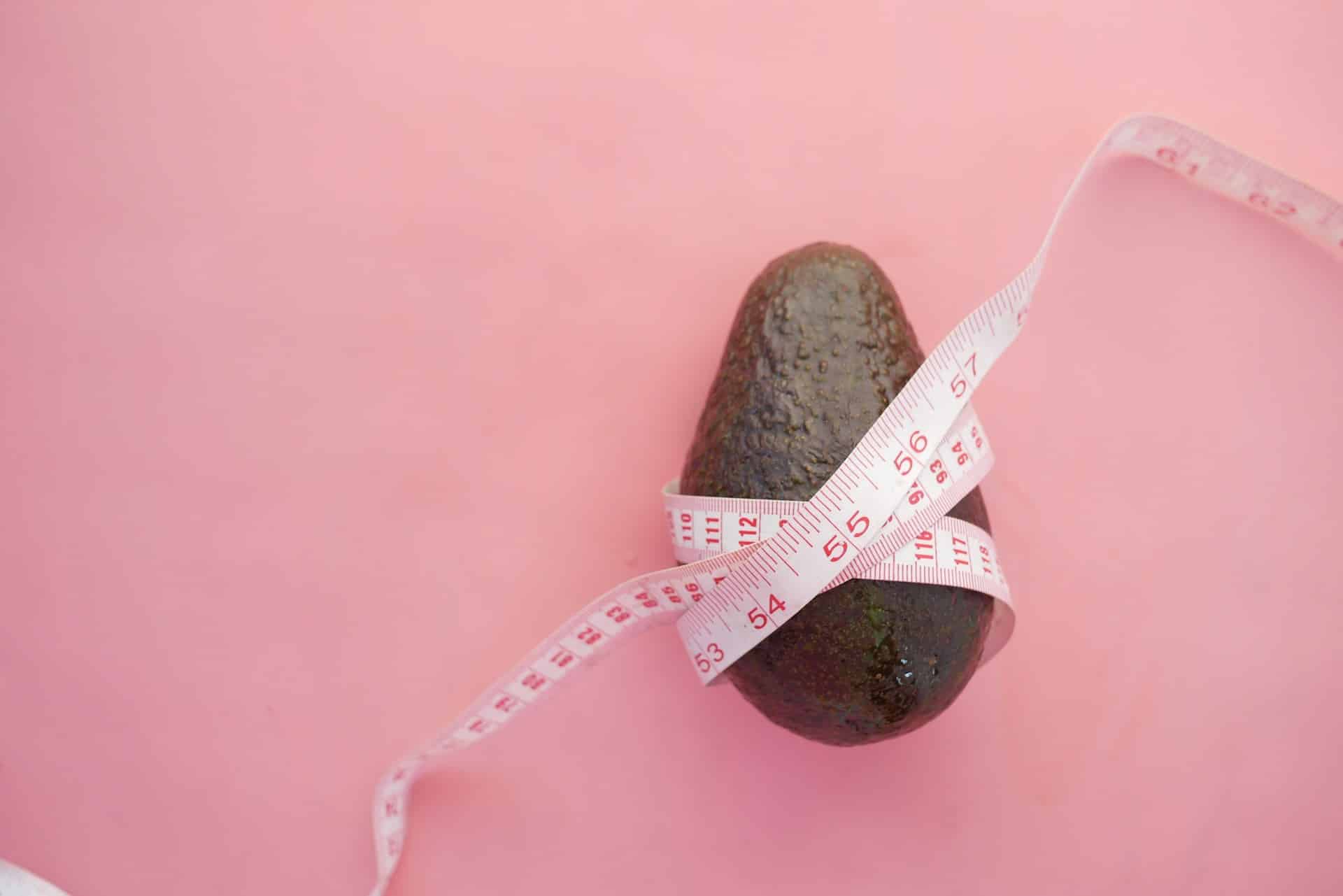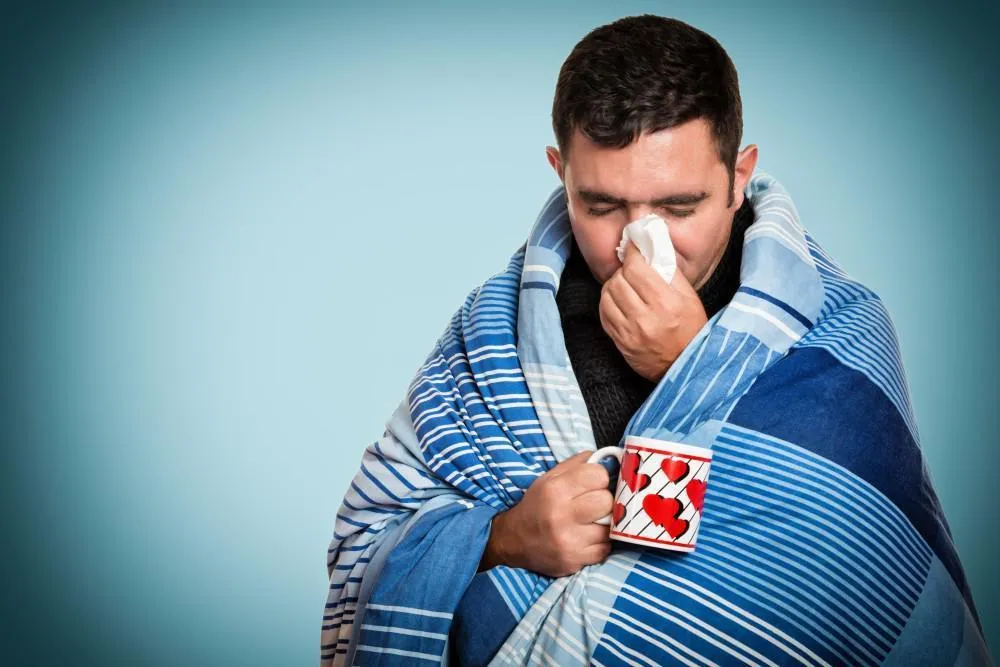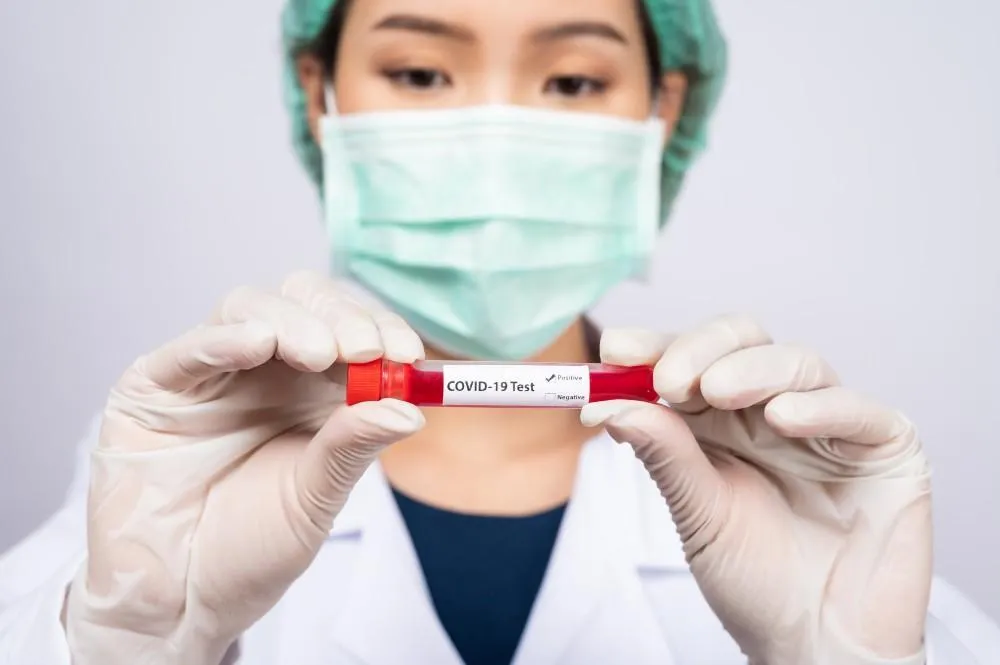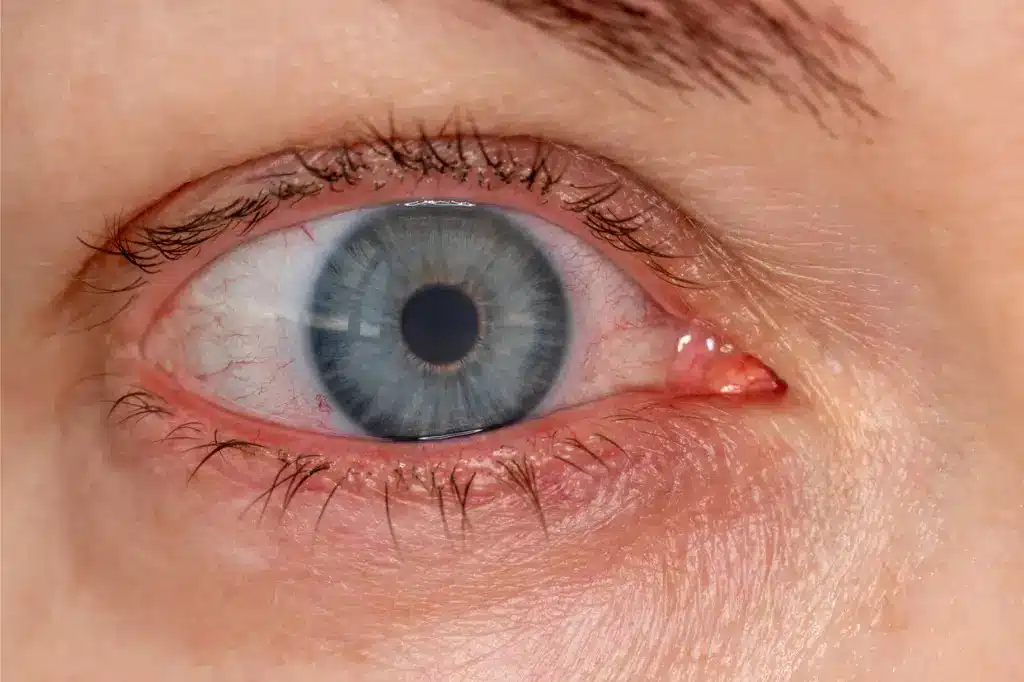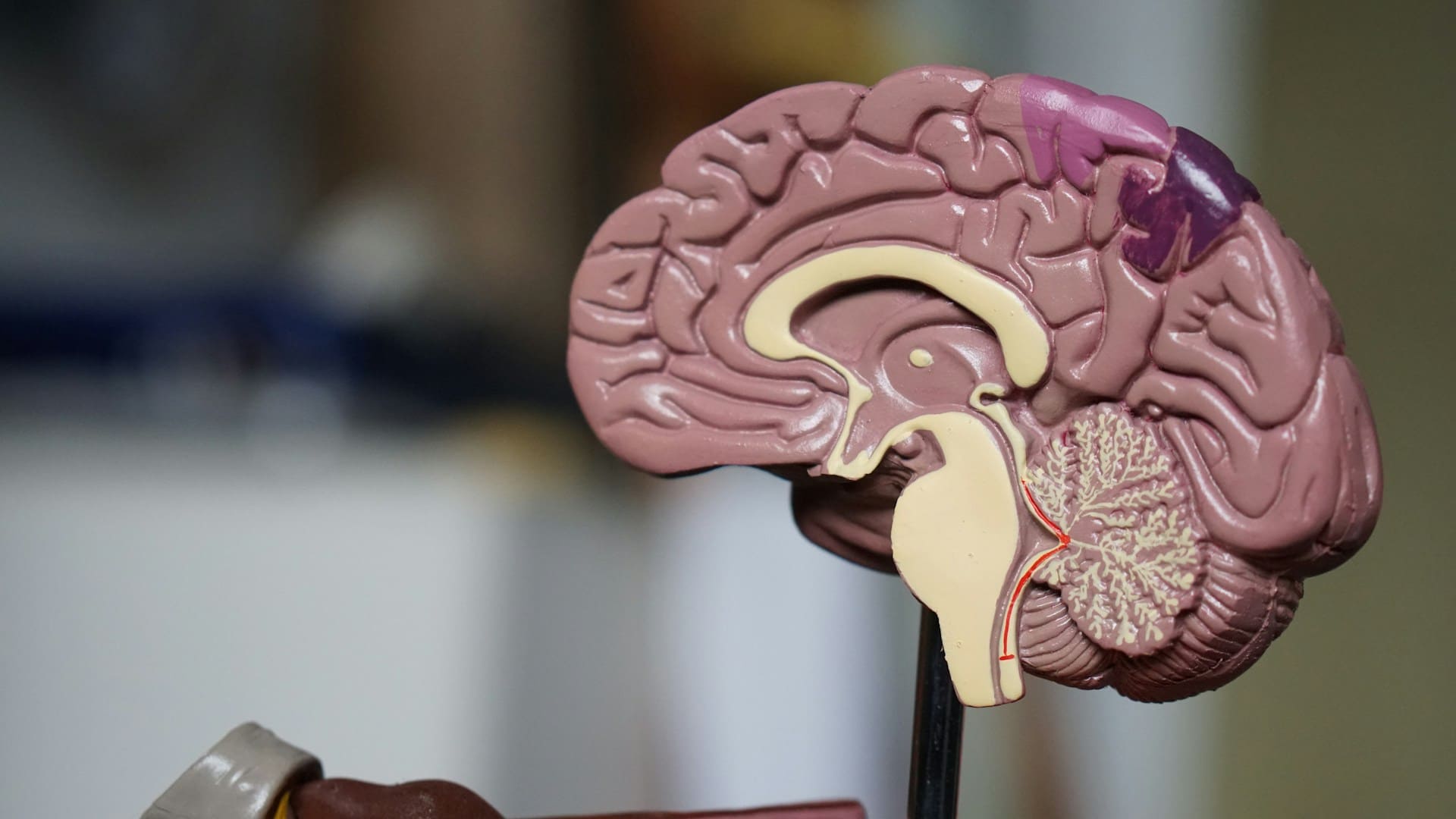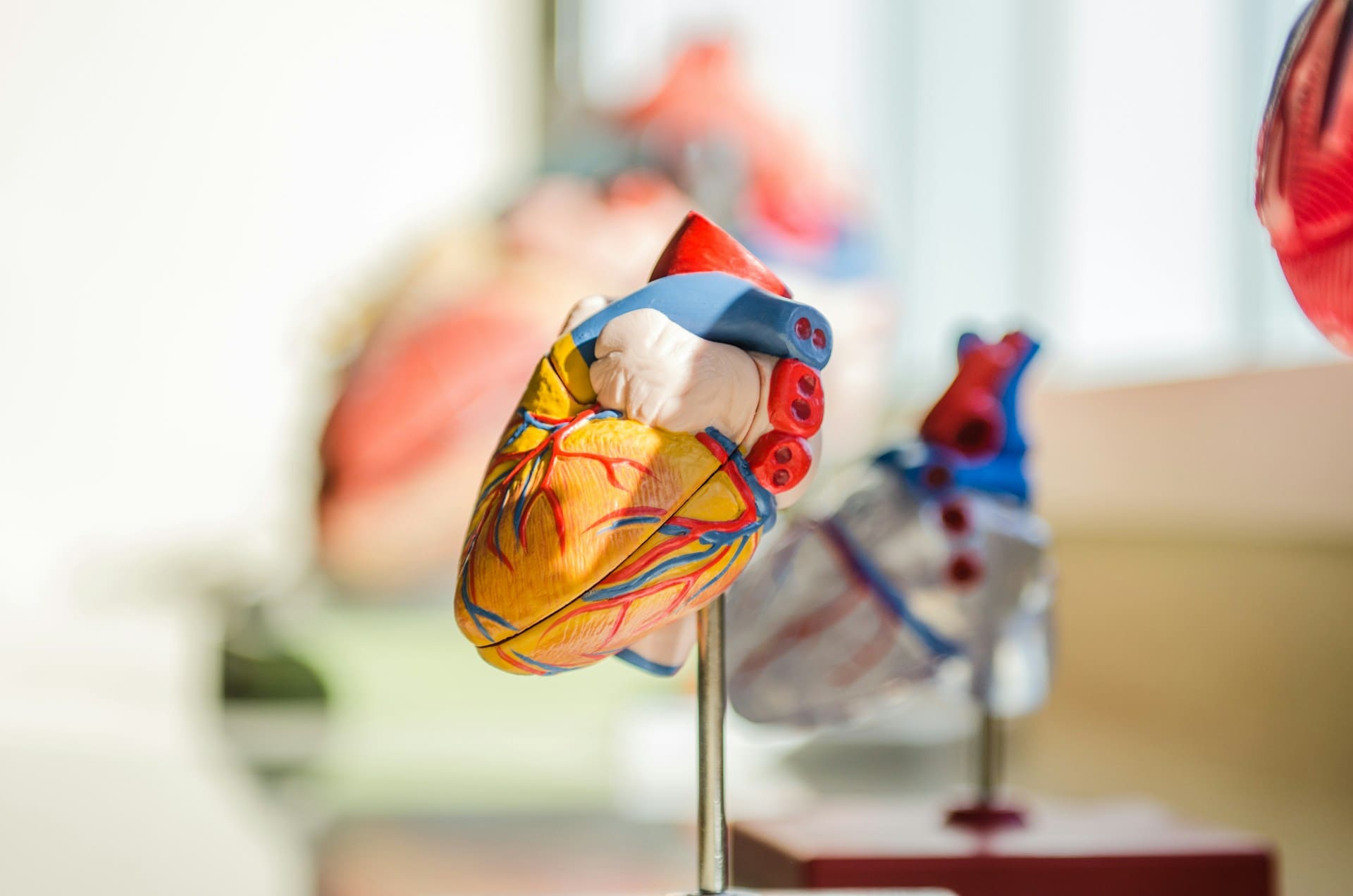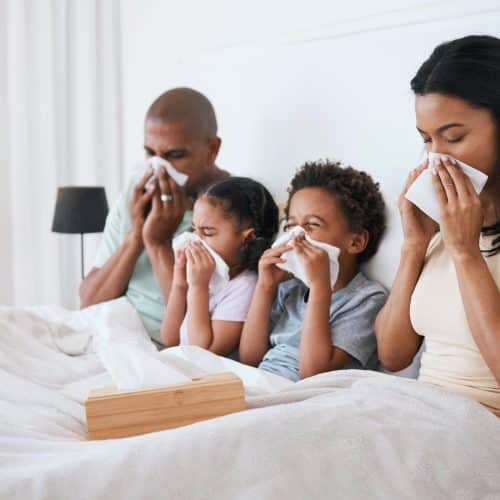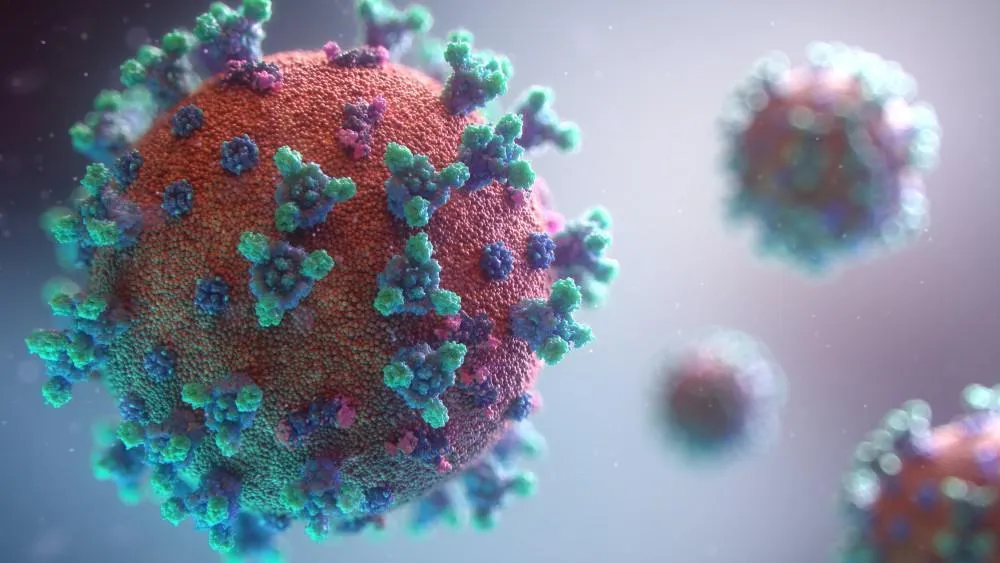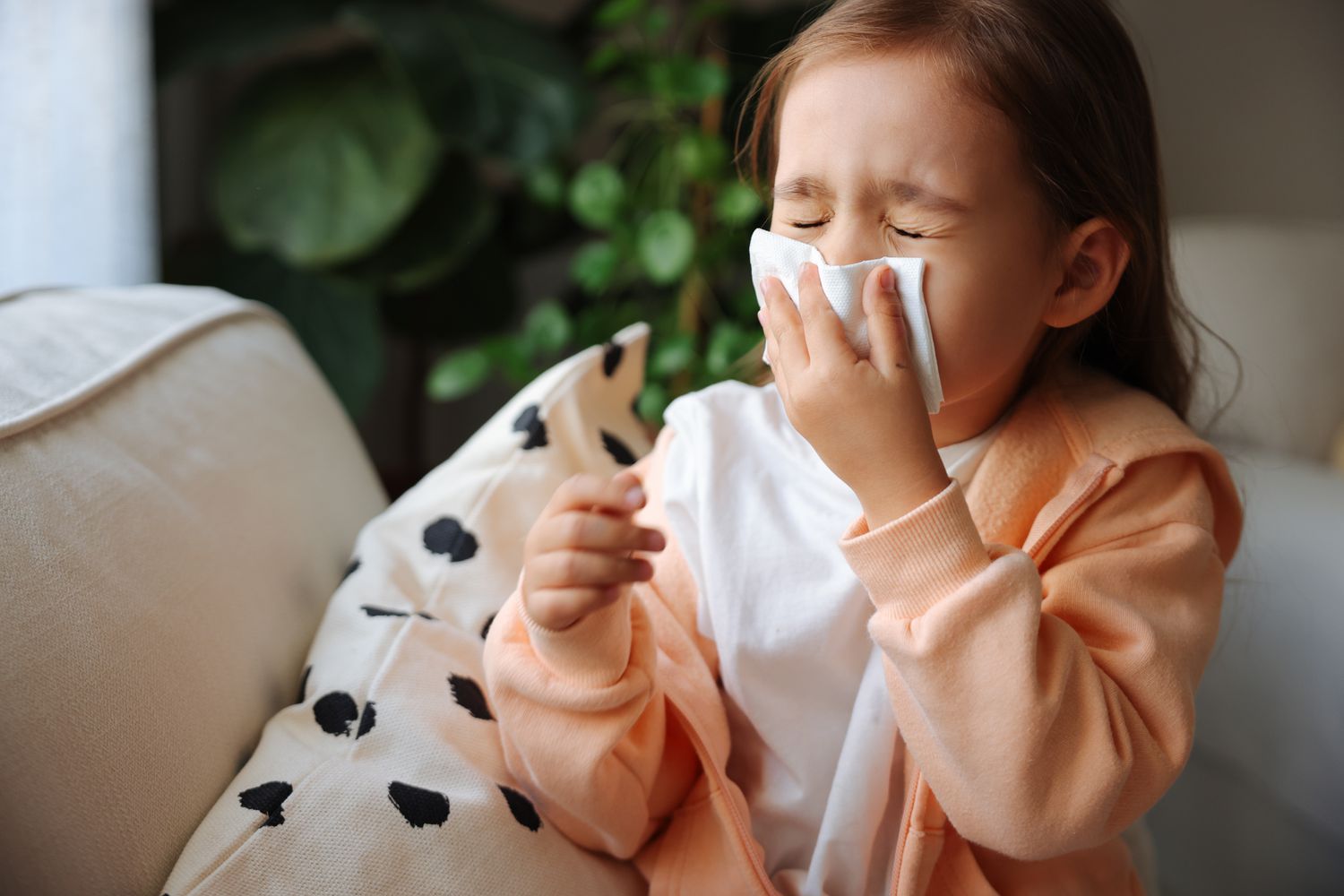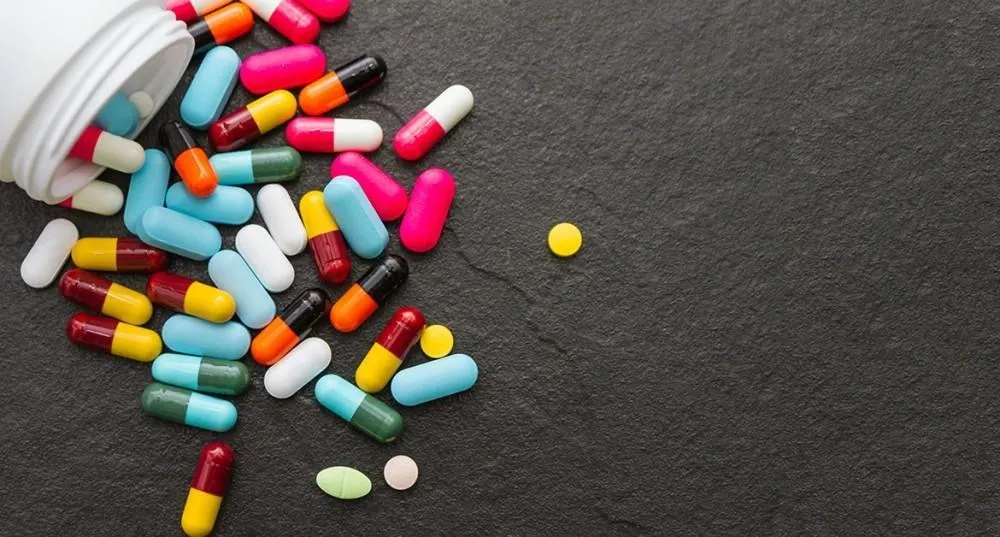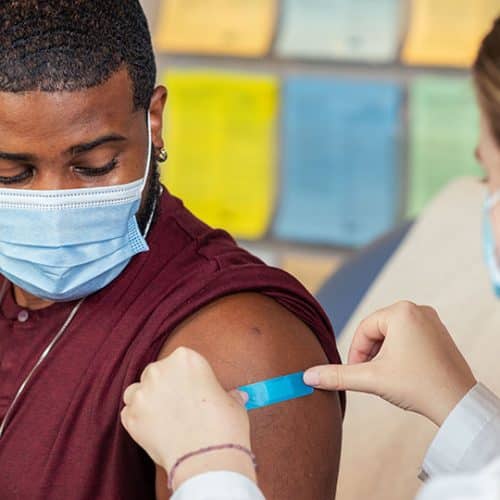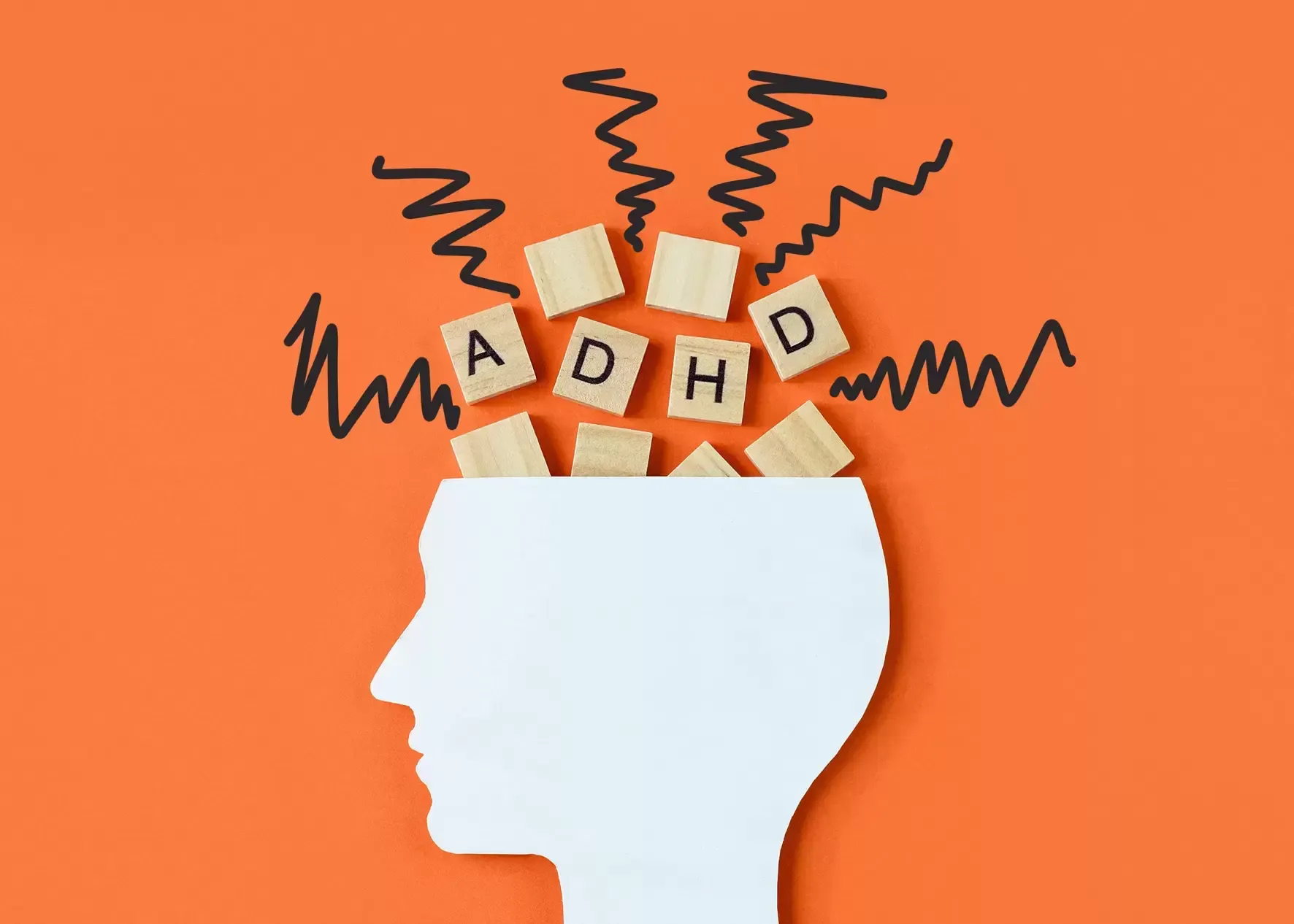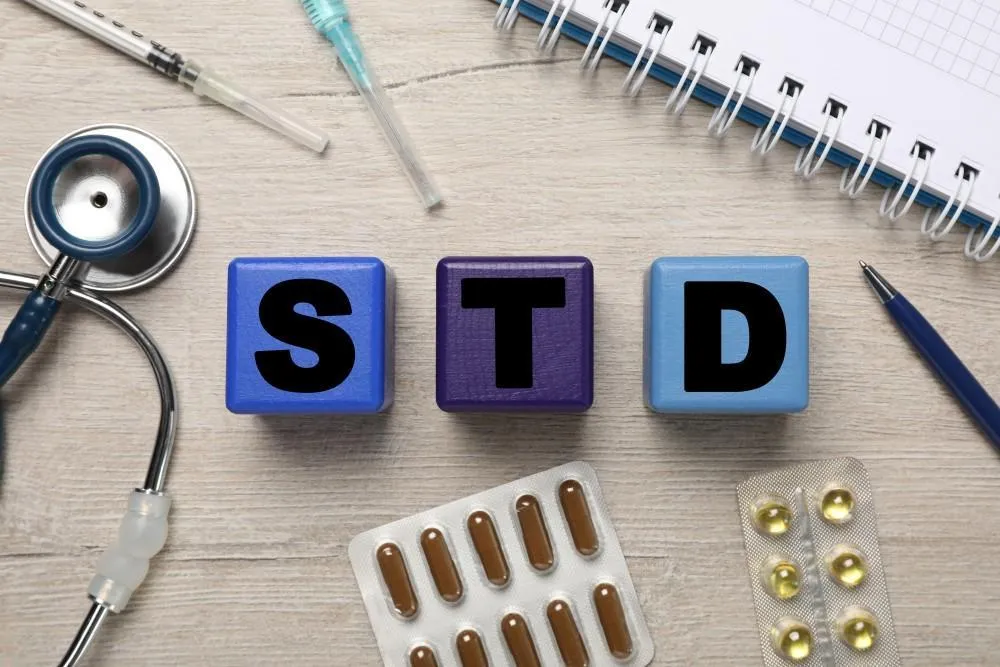New Year’s Cholesterol Control: Top 5 Tips
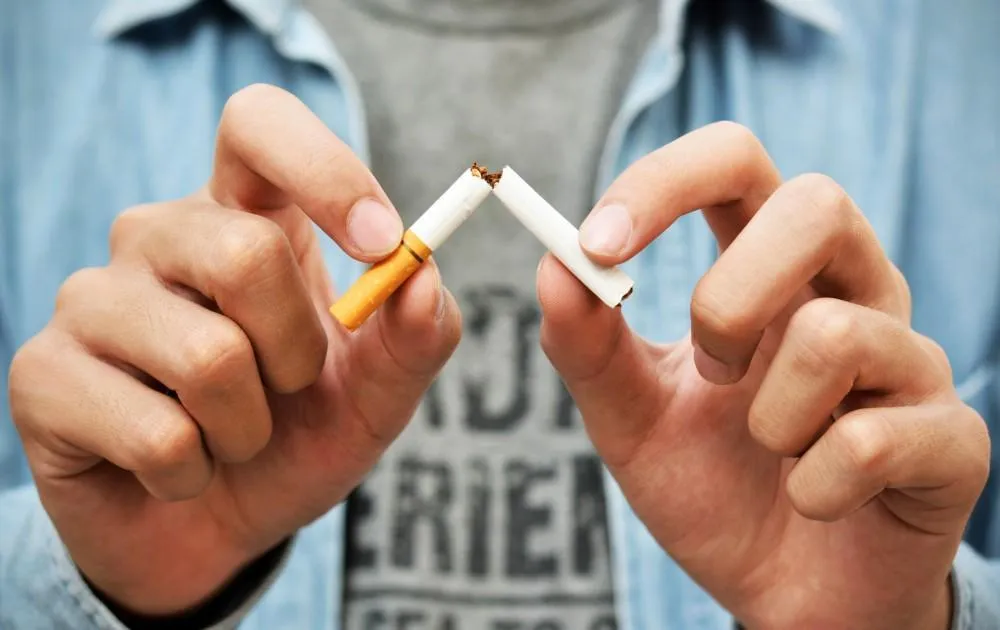
Approximately 1 out of 8 Americans have high total cholesterol values. However, not all cholesterol is bad, and there are many ways to manage both your bad and total cholesterol levels without resorting to medication.At All Day Medical Care Clinic in Gaithersburg, Maryland, our team of medical specialists can test your cholesterol levels, evaluate your overall health, and recommend lifestyle changes that can lower your cholesterol safely and naturally. And if medication is needed, we can help find the right match for your age, weight, and health, so your levels can be lowered with minimal adverse side effects.
Understanding cholesterol
Two different numbers appear on your lipoprotein panel, HDL and LDL. Ideally, your HDL level will be over 60, and your LDL level will be under 100.
HDL
High-density lipoprotein (HDL) is “good cholesterol.” It carries bad cholesterol back to the liver, taking it out of your bloodstream.
LDL
Low-density lipoprotein (LDL) is “bad cholesterol.” It can stick to the walls of your arteries, building up in a form called plaque. Plaque can lead to atherosclerosis, a hardening of the arteries that also narrows the space through which blood flows. The hardening and narrowing, in turn, can lead to the formation of a blood clot, and if a blood clot blocks an artery, it could cause a heart attack or stroke.
The cholesterol test measures both these levels, and the numbers are added together to give you your total cholesterol number. If your number is high, but it’s mainly due to HDL, it’s not that worrisome. But if your number is high, and it’s mainly due to LDL, you definitely need to take active steps to lower your cholesterol.
5 ways you can keep your cholesterol in check
From your diet to your exercise levels to your habits, lowering cholesterol depends on a combination of actions.
1. Eat heart-healthy
By cutting saturated and trans fats, you can help lower your LDL levels. Eating heart-healthy oils, such as found in fish, can help you get the right kind of fat into your diet.
2. Drop 10 pounds
If you lose weight slowly and sensibly, you can also lower your LDL — in fact, lose 10 pounds in 10 weeks, and you can cut your LDL by eight percent.
3. Exercise
Just a couple of hours of exercise a week can help boost your HDL levels. Try for 30 minutes of moderate exercise five days a week, or 20 minutes of vigorous exercise three times a week.
4. Quit the nicotine
This might just dovetail nicely with another New Year’s resolution. A year after stopping smoking, your risk of heart disease will have dropped by half.
5. Ask your doctor about supplements
Supplements taken under a doctor’s supervision can help lower LDL and raise HDL levels. Ask your attending doctor if this is an option for you.
Ready to meet the new year with less risk of heart disease? Contact our office at 301-275-7515 or make an appointment for a cholesterol test today.


